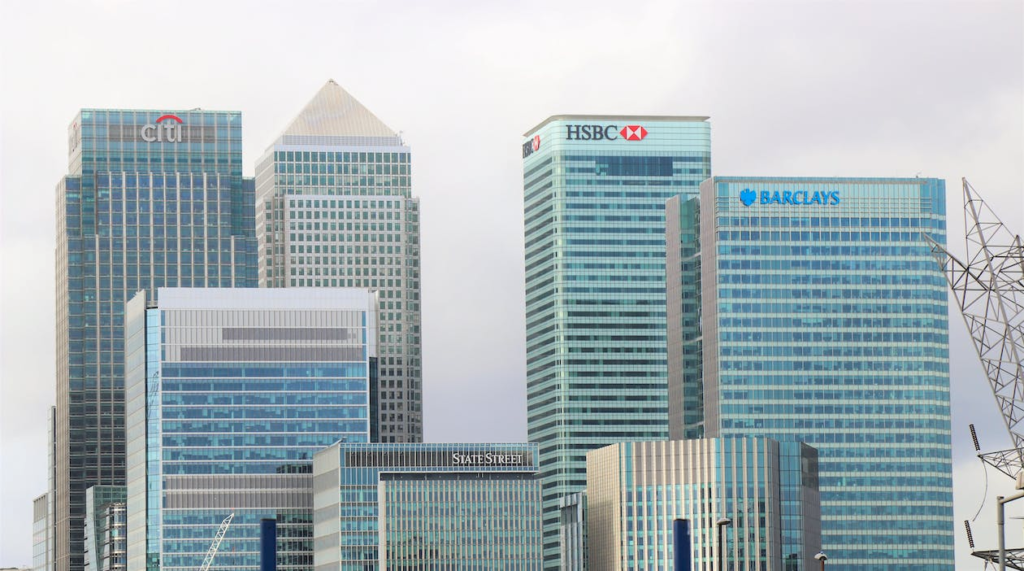As the fabric of our financial world unravels, many have sought alternatives to traditional banking methods. These alternatives are not just a mere preference; they emerge as vital solutions to prominent issues. As you delve deeper, you’ll unearth varied reasons why these choices are being pursued: security concerns, anonymity, and the unyielding grip of governmental control. From E-money institutions to Bitcoin, from cold cash to PayPal, the gamut is vast. And the landscape only broadens as you venture beyond.
Banking issue 1: The Security
It’s undeniable: data breaches and cyber attacks have escalated in recent years, piercing the fortresses of even the most robust banks. Traditional banks, with their centralized systems and vast customer databases, present lucrative targets for malicious entities. Alternatives offer varied layers and models of security, often decentralized, reducing the treasure trove for potential hackers.
Banking issue 2: No Anonymity
In an era where every purchase can be traced, dissected, and analyzed, privacy is becoming a rare gem. Financial transactions, for many, are personal. The world doesn’t need to know about that surprise gift you purchased or the therapist you started seeing. Alternative financial channels grant this much-needed anonymity.
Furthermore, businesses, especially startups, and freelancers thrive on discretion. Disclosing trade secrets or just the mere volume of transactions can make them vulnerable to competition and predators. The less the world knows, the more control they maintain.
Banking issue 3: Too Much Government Control
Banking systems, while providing stability, are often tethered to government policies. Regulations, financial controls, and monetary interventions may not always align with individual financial goals. Alternatives often operate outside these confines, providing freedom from the unpredictability of governmental whims.

Alternative 1: Cash
Despite technological leaps, cash remains king in many regions. It’s tangible, immediate, and doesn’t require intermediaries. In scenarios where the internet falters or systems crash, cash ensures transactions don’t skip a beat.
Moreover, cash offers undeniable anonymity. With no digital trail, transactions remain in the shadows, a preferred choice for many who prioritize discretion.

Alternative 2: E-money Institutions
E-money institutions, like Paysera (Lithuania), offer a dynamic blend of traditional banking features and innovative solutions. With lower fees and seamless cross-border transactions, they’ve established themselves as a powerhouse. Furthermore, their faster processes and customer-centric models are forging new paradigms in the financial sector.
With the digital-first approach, e-money institutions are more adaptable to changing customer needs. Advanced interfaces, integrated financial tools, and real-time reporting give users an unparalleled experience.

Alternative 3: Bitcoin
Bitcoin, a cryptocurrency marvel, offers a decentralized alternative to traditional banking. Its blockchain technology ensures secure transactions while providing a degree of anonymity. With no central bank overseeing it, Bitcoin provides a level of freedom traditional systems can’t match.
Bitcoin’s value may be volatile, but its impact is undeniable. It has laid the groundwork for numerous other cryptocurrencies and decentralized platforms, each with unique features and benefits.

Alternative 4: Semi-licensed solutions
PayPal, among other platforms, is a beacon in online transactions. With ease of use, international reach, and robust security features, it offers an efficient alternative to the cumbersome processes of traditional banks.
Beyond just transactions, platforms like PayPal or Cash App offer financial tools, credit solutions, and business services, making them a comprehensive financial hub for many.

Alternative 5: Peer-to-Peer Lending Platforms
Steering clear of banks, peer-to-peer lending allows individuals to borrow or lend money directly. These platforms are designed for transparency, letting participants dictate terms without institutional overheads.
The beauty of peer-to-peer systems is the empowerment of individuals. They can determine interest rates, choose whom to lend to, and dictate loan durations, all while enjoying potentially higher returns than traditional banking avenues.
Alternative 6: Credit Unions
Local credit unions like Navy Federal Credit Union (USA) and cooperative banks embody the spirit of community. Operating on a smaller scale, they focus on local development, often providing better rates and personalized services.
Such community-centric entities, for instance Member First Credit Union (Ireland), prioritize members over profits. They ensure that the community’s financial health is front and center, making them a trusted alternative for many.

Alternative 7: Building Societies
Building societies, such as the Nationwide Building Society (UK), offer a unique blend of banking and property ownership assistance. Originating from mutual self-help movements, they emphasize serving members’ best interests. Unlike banks that cater to shareholders, building societies exist primarily for their members, offering competitive mortgage and savings rates.
With the core ethos of community at their heart, those institutions place emphasis on long-term member relationships rather than short-term profits. They often provide more personalized services and financial advice, ensuring the aspirations of members are realized, making them a robust alternative in the diverse financial landscape.













